Piston rings are critical components of any internal combustion engine. They play vital roles in maintaining engine efficiency, regulating oil consumption, and ensuring proper combustion. When piston rings begin to fail, the performance of the engine can be severely affected, leading to various issues. As a car owner or enthusiast, it is essential to recognize the symptoms of failing piston rings. This article will explore the four key signs that indicate piston ring failure, their implications, and the actions you can take to address the issue.
What Are Piston Rings?
Understanding Their Function
Piston rings are circular metal pieces that fit into grooves on the piston within an engine’s cylinder. Their primary functions include creating a seal between the piston and the cylinder walls, controlling oil consumption, and facilitating heat transfer away from the piston. A properly functioning piston ring ensures that the engine processes combustion gases efficiently while keeping oil from entering the combustion chamber. This sealing action is vital for optimal engine performance and longevity.
Composition and Types
Piston rings are typically made from cast iron or steel due to the high durability required to withstand extreme temperatures and pressures within the engine. There are three main types of piston rings: compression rings, oil control rings, and scraper rings. Compression rings seal the combustion chamber, helping to maintain pressure as the piston moves. Oil control rings manage oil that coats the cylinder wall, preventing excessive oil consumption. Scraper rings help remove excess oil from the piston and cylinder walls. Each type plays a distinct role in maintaining healthy engine function.
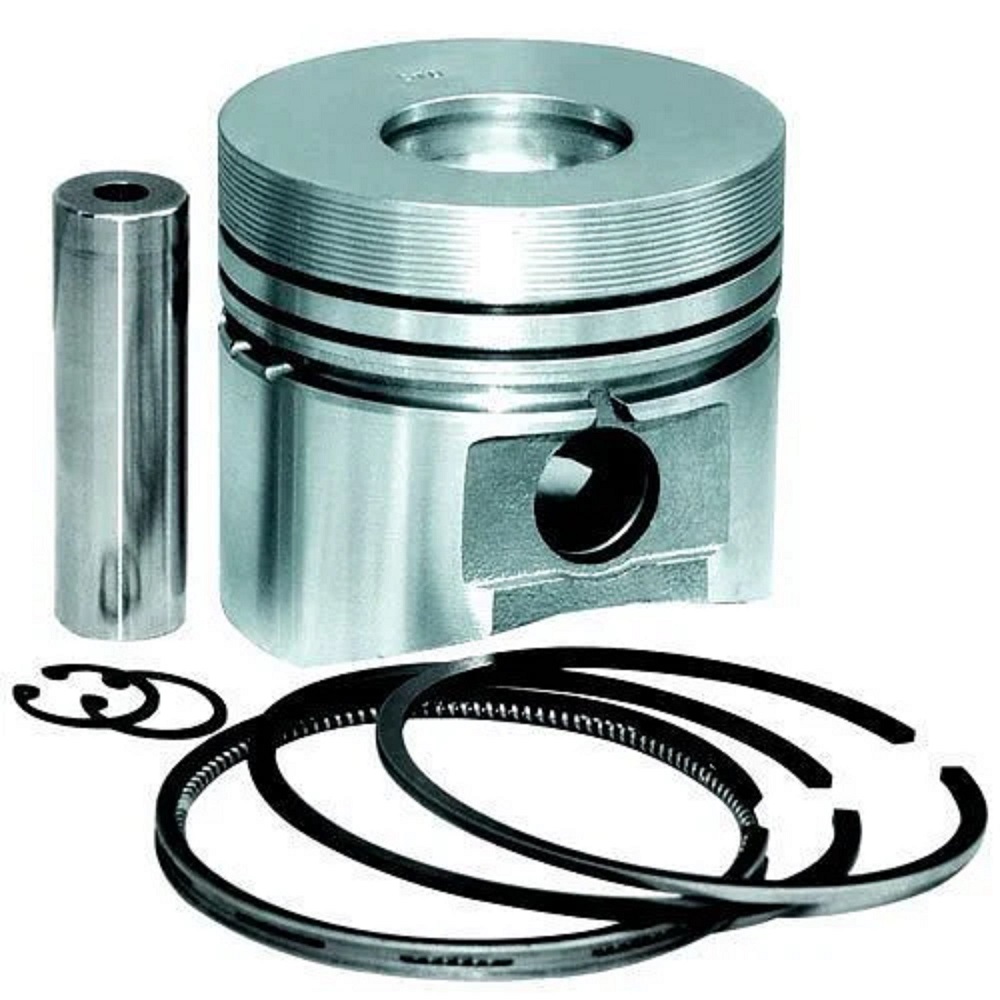
Key Symptoms of Failing Piston Rings
1. Increased Oil Consumption
One of the most noticeable signs that your piston rings may be failing is increased oil consumption. If you notice that you have to add oil more frequently than usual, it could indicate that your piston rings are worn and allowing oil to escape into the combustion chamber. This situation can lead to excessive oil use and may even result in significant leaks. When the oil burns in the combustion process, it can produce blue smoke from the exhaust, which is a clear indicator that oil is being consumed abnormally.
2. Blue Smoke Emission
Another key symptom of failing piston rings is the presence of blue smoke coming from the vehicle’s exhaust. This smoke indicates that oil is entering the combustion chamber and burning along with fuel. If you see blue smoke during acceleration or when starting your engine, this is a sign that your piston rings may be compromised. Regular blue smoke can lead to increased emissions and may even cause your vehicle to fail emissions tests in some jurisdictions. It’s important to address this issue promptly to prevent further damage to your engine.
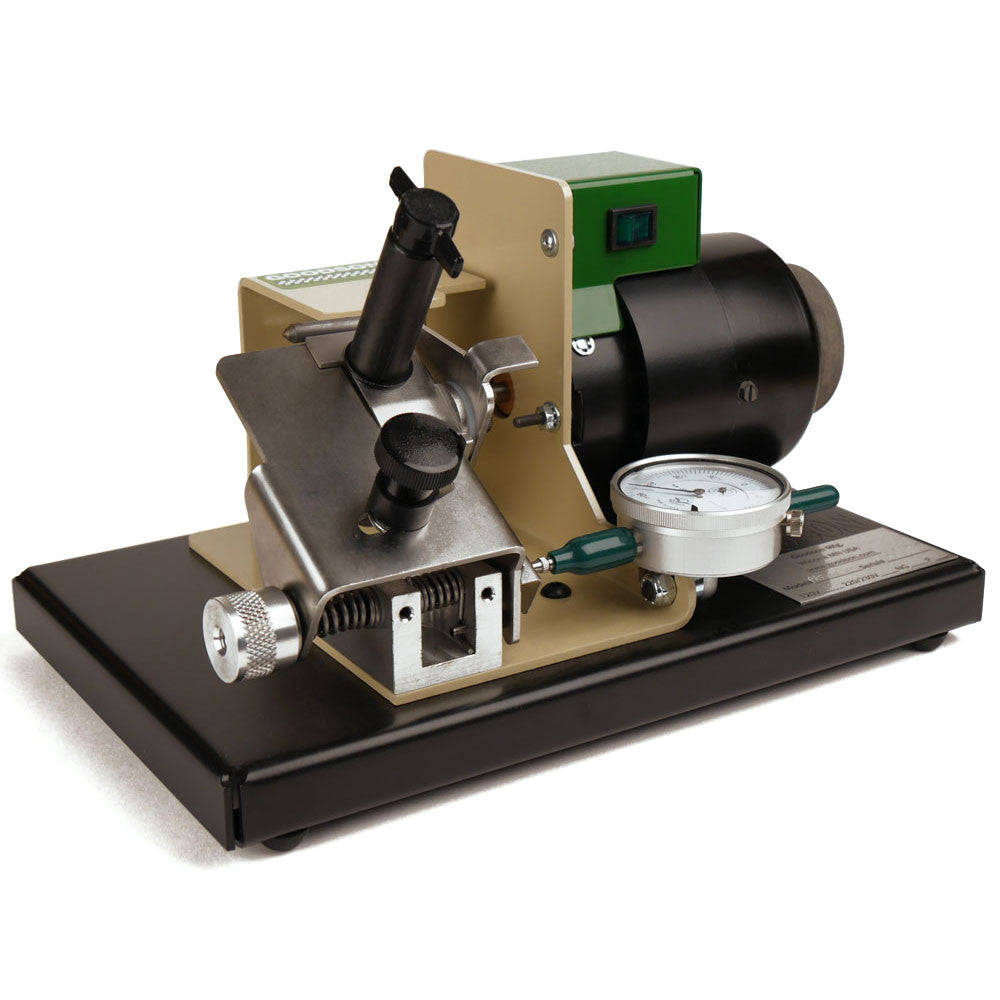
Additional Symptoms to Consider
3. Poor Engine Performance
A decline in engine performance can also suggest failing piston rings. When the piston rings do not seal properly, compression may be compromised, leading to reduced engine power. You may experience sluggish acceleration, loss of responsiveness, or stalling. These symptoms can affect overall driving experience and vehicle handling. If you notice that your engine performance is declining, it is essential to investigate the cause, as it may be linked to failing piston rings or other engine issues.
4. Unusual Engine Noises
Unusual noises from the engine compartment can also indicate problems with piston rings. If the piston rings are worn out, they might create a gap, leading to increased vibration and knocking sounds within the engine. You may hear a loud tapping or rattling noise during acceleration or while the engine is idling. Detecting these sounds early can prevent more severe engine damage. Ignoring unusual noises can lead to costly repairs and further complications.
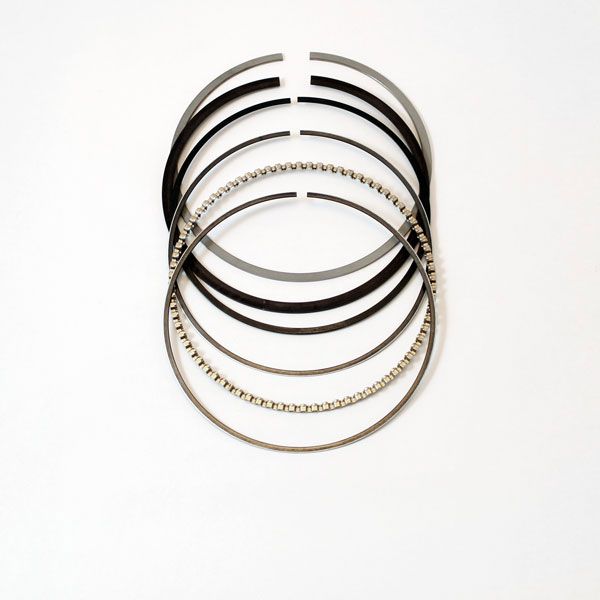
Diagnosing Ring Issues
Conducting a Compression Test
If you suspect that your piston rings are failing, conducting a compression test can help confirm the issue. This test measures the pressure within each cylinder while the engine is cranking. A significant difference in compression readings between cylinders may indicate problems with the piston rings. A certified mechanic can perform this test and interpret the results accurately. Compressing tests are a reliable method for diagnosing potential piston ring failure and other related issues.
Performing a Leak-Down Test
A leak-down test is another diagnostic method that can help identify the condition of piston rings. This test measures how well your cylinders hold pressure. By introducing compressed air into each cylinder and monitoring the amount that escapes, a mechanic can determine whether the piston rings are failing or if leaks are occurring through other areas of the engine. Conducting a leak-down test provides valuable information about the integrity of the piston rings and the overall health of the engine.
Addressing Piston Ring Failure
Minimum Repair Options
When faced with failing piston rings, addressing the issue quickly is essential. Depending on the severity of the damage, certain repairs may be possible. In some cases, replacing just the piston rings can resolve the issue if other components of the engine are in good condition. This process involves removing the cylinder head and accessing the pistons, which allows for the replacement of damaged rings. A professional mechanic should always perform this repair to ensure it is done correctly.
Complete Engine Rebuild
In more severe cases, particularly if significant wear is discovered or if there is other damage within the engine, a complete engine rebuild may be necessary. This process involves disassembling the engine and replacing all worn components, including piston rings, bearings, and possibly the pistons themselves. While this is a more costly and time-consuming process, it can restore the engine to optimal performance and extend its lifespan. Consulting with a trusted mechanic will provide the best approach to resolving piston ring issues.
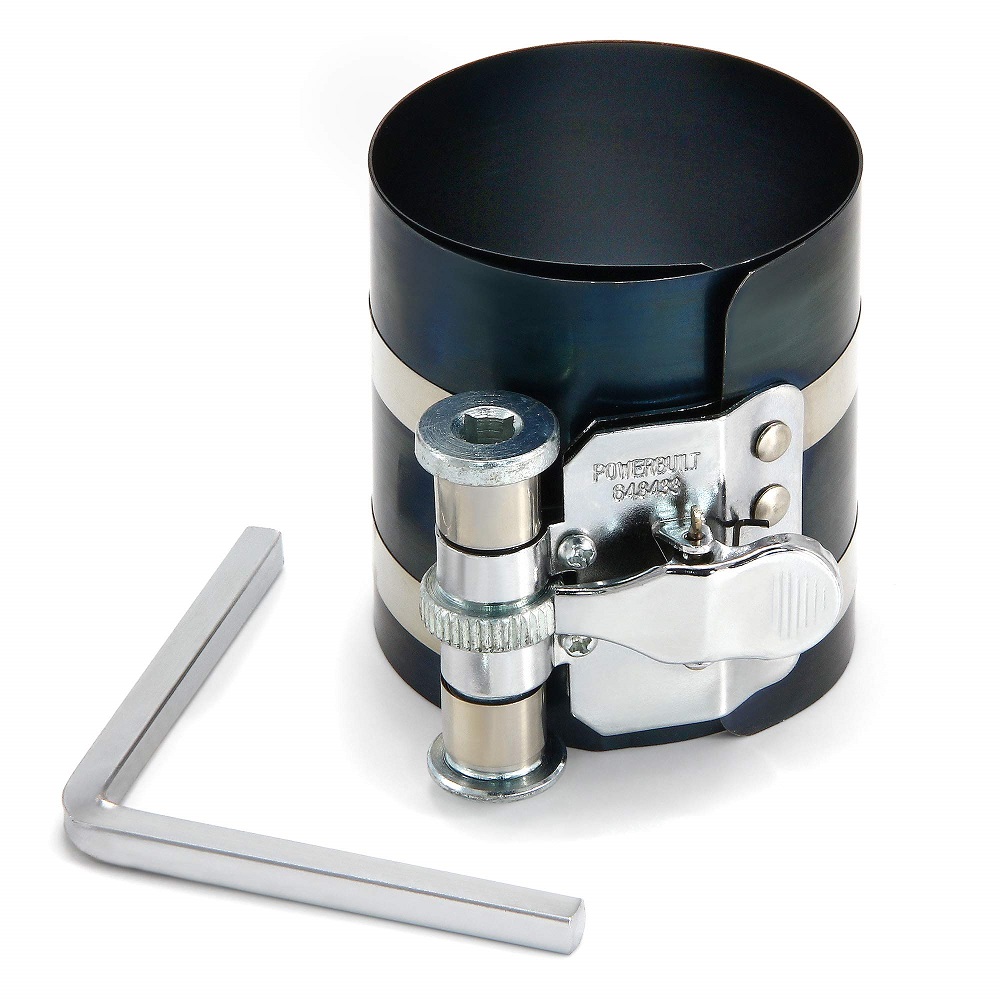
Preventing Future Issues
Regular Maintenance
Preventive maintenance is vital for ensuring the longevity of your vehicle’s engine and preventing piston ring failure. Regular oil changes, inspections, and tune-ups help identify potential issues before they escalate. Monitoring oil levels and ensuring that the oil is clean and within specifications can contribute to healthy engine performance. Furthermore, keep an eye on the vehicle’s overall condition to catch any signs of wear or damage during routine maintenance checks.
Using Quality Engine Oil
Using high-quality engine oil can also play a significant role in preventing issues with piston rings. Choose oil that meets or exceeds the specifications for your vehicle. Synthetic oils, in particular, tend to provide better protection at high temperatures and under extreme conditions. Higher-quality oils can minimize friction and help maintain smooth operation within the engine. Making conscious choices about engine oil can enhance performance and prolong the life of your vehicle.
Seeking Professional Advice
Consulting a Mechanic
If you suspect that your piston rings may be failing or notice signs related to engine performance, it is crucial to consult with a qualified mechanic. A professional can provide diagnostic services and tests to properly assess the situation. Their expertise can help you understand the condition of your engine and offer guidance on the best course of action moving forward. Ignoring the signs can lead to more significant engine issues that result in costly repairs, making prompt professional advice paramount.
Building a Relationship with a Trusted Mechanic
Developing a relationship with a trusted mechanic can be beneficial for your vehicle’s long-term health. Regular visits for maintenance and check-ups allow your mechanic to gain insight into your vehicle’s history and performance. This knowledge enables better recommendations for your specific needs. An understanding of routine wear patterns and any past issues can lead to more effective preventive measures. Solid communication with a mechanic contributes to the well-being of your vehicle, ensuring safety and reliability.
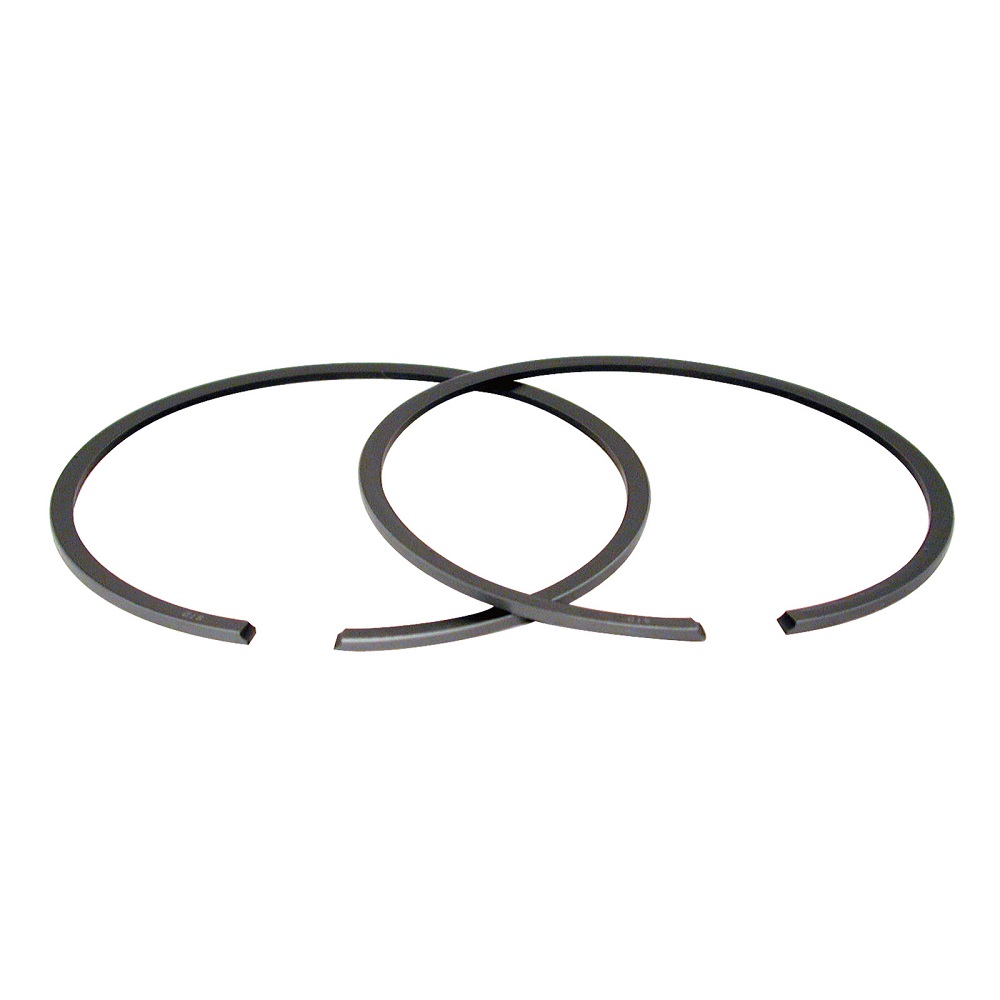
The Importance of Timely Action
Recognizing Warning Signs Early
One of the best pieces of advice for any car owner is to pay attention to warning signs early and respond promptly. If you notice any symptoms that could indicate failing piston rings – such as increased oil consumption, blue smoke from the exhaust, or unusual engine noises – take action right away. Prolonged neglect can lead to more extensive and costly engine damage, potentially resulting in a complete engine failure. Recognizing these signals early can save time and money and keep your vehicle running optimally. Regularly monitoring your engine’s performance not only benefits your wallet but also enhances safety on the road.
Empowering Yourself with Knowledge
Educating yourself about your vehicle and its components will empower you to recognize issues more quickly. Familiarizing yourself with the engine and its parts, including piston rings, can help you communicate more effectively with mechanics and make informed decisions. Furthermore, joining automotive forums or local car clubs can provide you with valuable resources and insights from fellow vehicle enthusiasts. This network can help you learn about troubleshooting common problems, best practices for maintenance, and firsthand experiences with repairs. The more knowledge you gain, the better prepared you will be to tackle any issues that arise and prolong the lifespan of your vehicle.
Conclusion: Addressing Piston Ring Issues
In conclusion, recognizing the symptoms of failing piston ring is vital for maintaining a healthy vehicle. Understanding the role of piston rings, their impact on engine performance, and the potential signs of failure can assist you in being proactive about maintenance. If you find a screw in your tire, have difficulty with engine performance, or hear unusual noises, do not hesitate to assess the situation thoroughly.
By conducting appropriate tests, engaging in regular maintenance, and consulting a professional, you can navigate piston ring issues effectively. Remember that timely action is key to preventing further damage and maintaining the integrity of your vehicle. Staying informed about your car’s health, including understanding the common symptoms of worn piston rings in engines, will empower you to make smart decisions for safe driving. Prioritize your vehicle’s care, and enjoy peace of mind on the road.
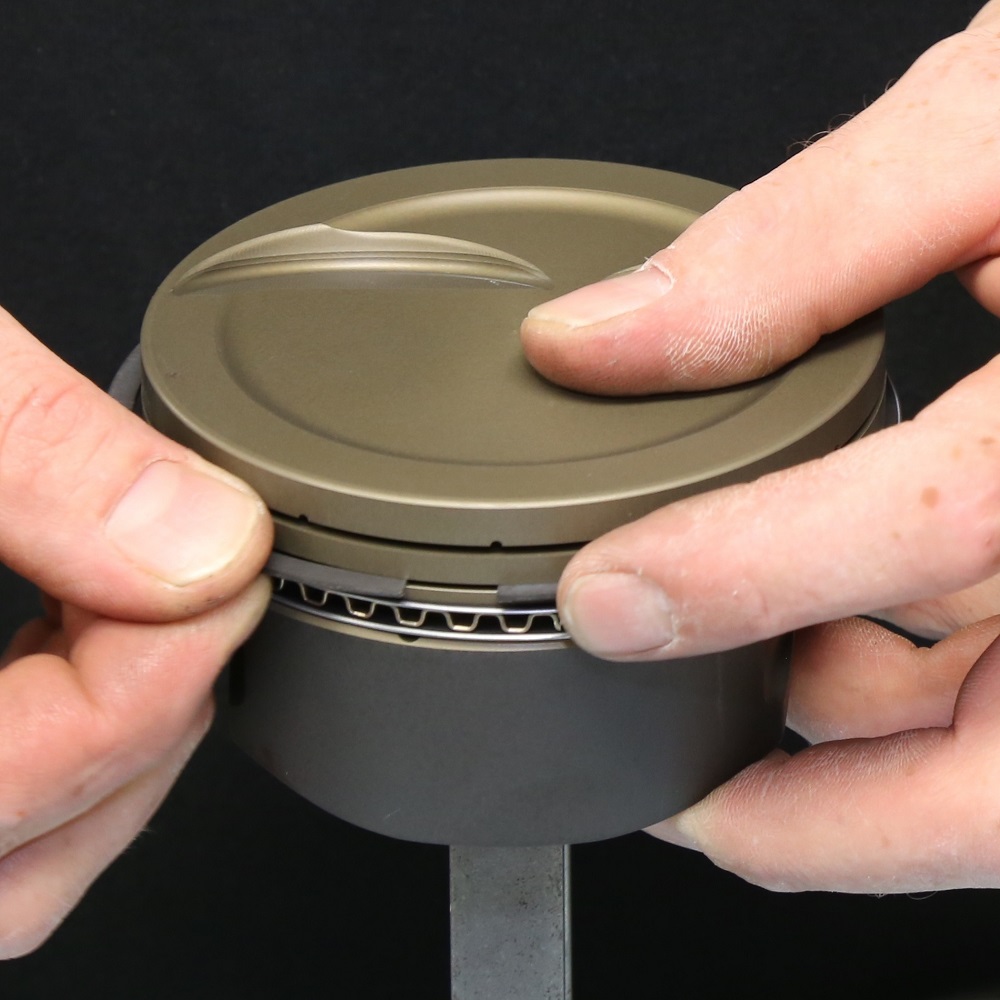
Leave a Reply